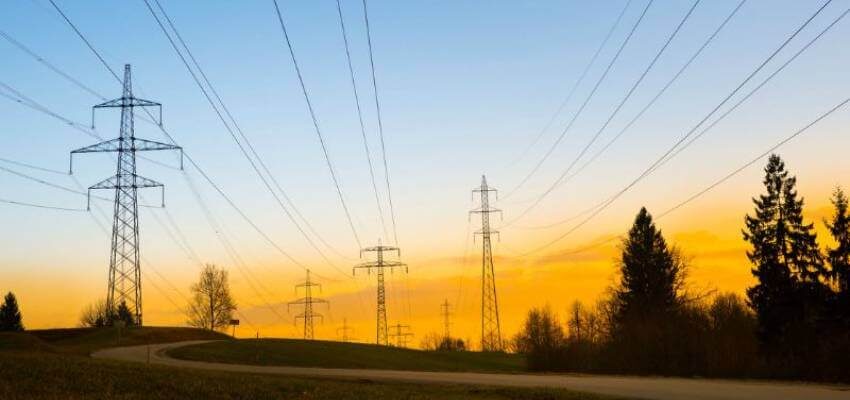TCN to add 4,000 MW to Nigerian national grid
Nigeria, Abuja: The Transmission Company of Nigeria (TCN) states that their ongoing projects will boost the national power grid by an additional 4,000 MW.

Image source: ESI Africa
Nigeria, Abuja: The Transmission Company of Nigeria (TCN) states that their ongoing projects will boost the national power grid by an additional 4,000 MW.
Sule Abdulaziz, acting managing director at TCN, shared that the company had acquired a new office for its Project Implementation Units (PIUs), which were created to enhance the delivery of projects. The PIUs are responsible for adding the additional megawatts to the grid.
The new office for the PIUs houses four project units financed by donor agencies including the World Bank, Agence Française de Developpment (AFD), the African Development Bank (AfDB) and the Japanese International Cooperation Agency (JICA).
The PIUs are specialised units of TCN ensuring that critical transmission line and substation projects are delivered within specification, quality and timeframe. Abdulaziz added that the project units were already implementing projects that would enhance TCN’s 8,100 MW grid capacity.
“The project will bring an additional 330 kV transmission line through Lafia and into Abuja,” said Joseph Ciroma, the general manager and coordinator of the PIU office at TCN.
The World Bank project unit, according to Ciroma, will address a nationwide transmission upgrade, which will impact 30 power transformers over the course of the upgrade.
Ciroma said further that 30 MVA transformers would be replaced with 60 MVA and 100 MVA depending on the planned capacity upgrade for the substation. He continued that the AfDB will provide funding for a new transmission line from Benin to Delta to increase power evacuation on that route from 400 MW to 1,200 MW.
Ciroma also said that through JICA-funded project the unit targets transmission projects in Lagos and Ogun States, TCN would build four 330 kV substations, two 132/33 kV substations and four 120 MW capacity 330 kV transmission lines.
These lines would also connect the West African Power Pool to enable Nigeria to export more power when the projects were completed.
Source: ESI Africa




